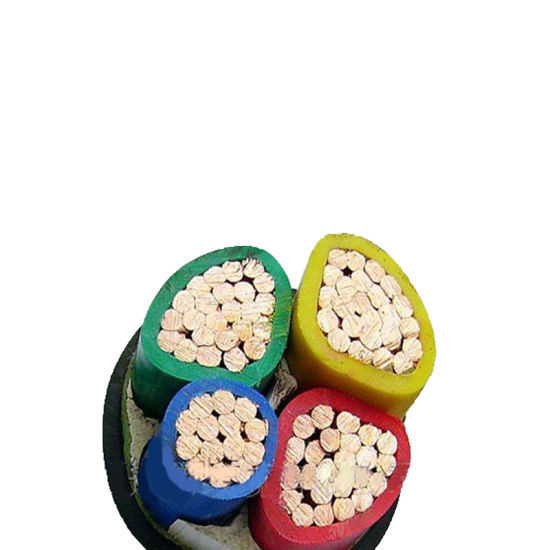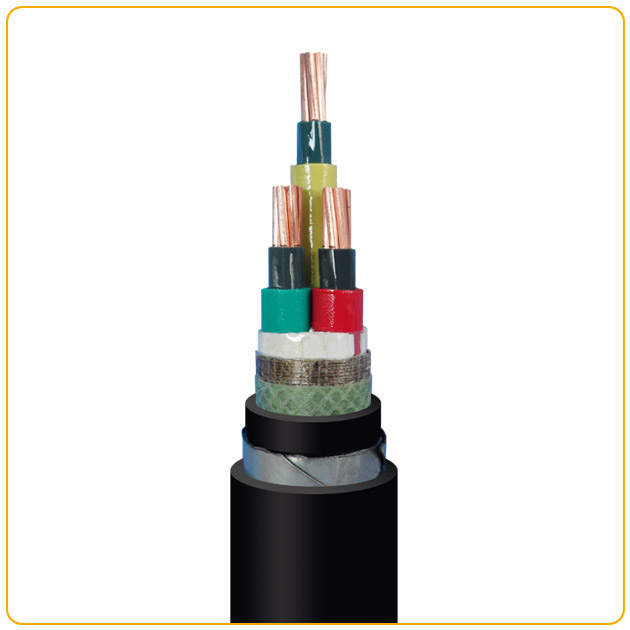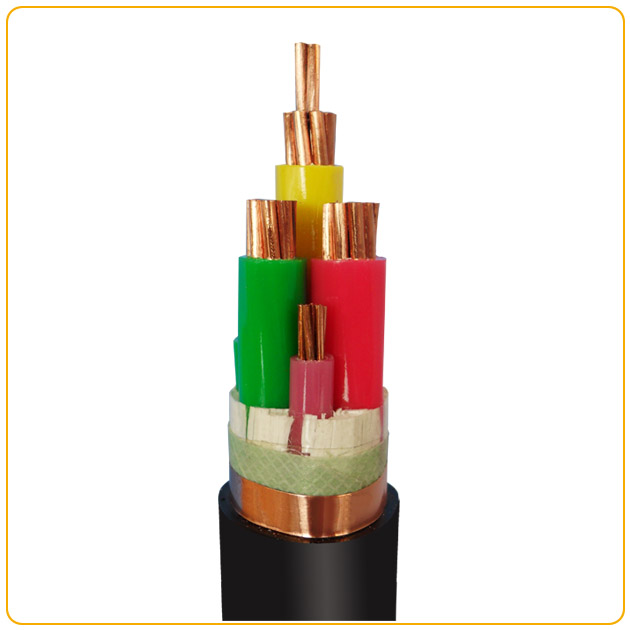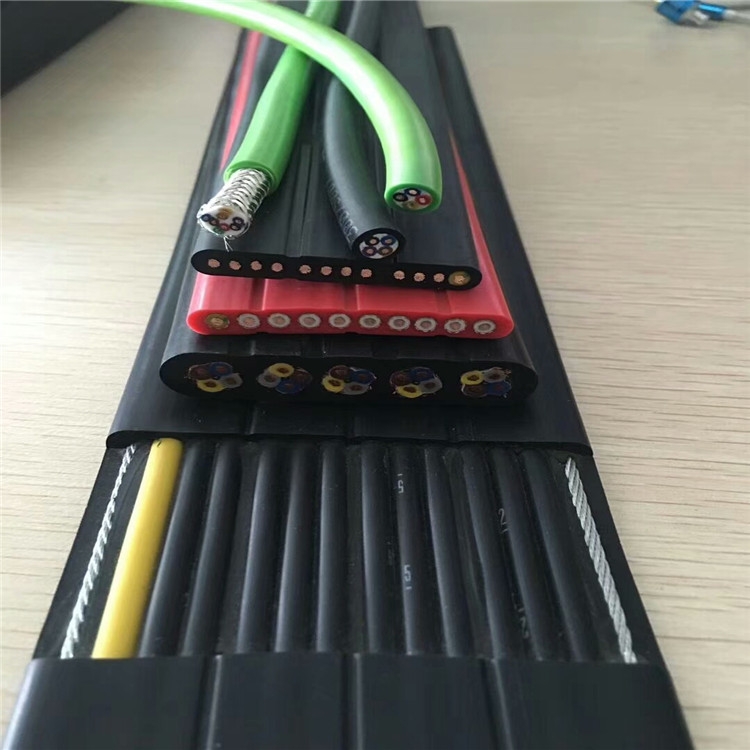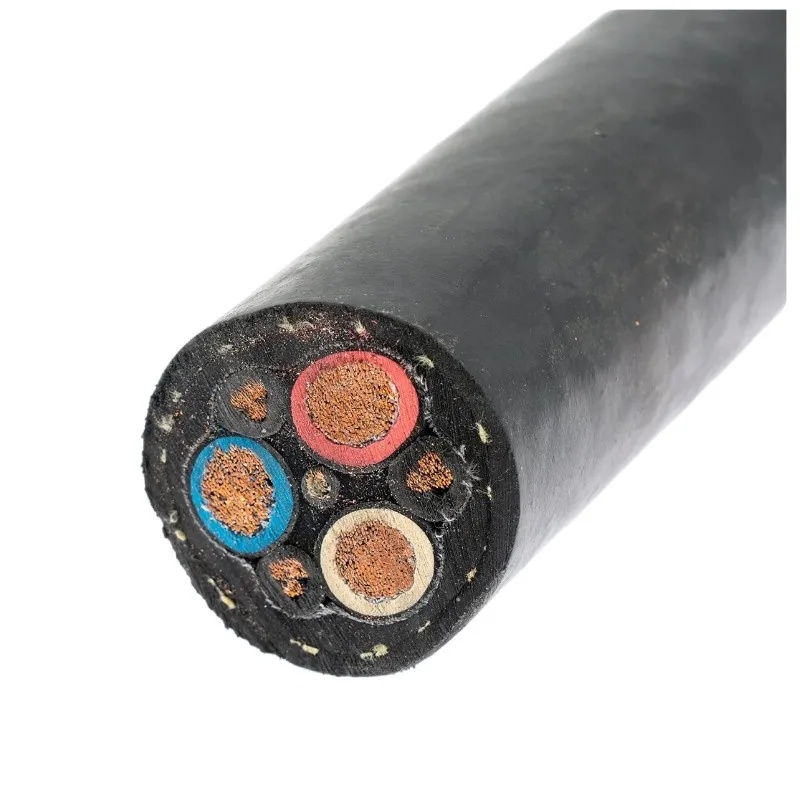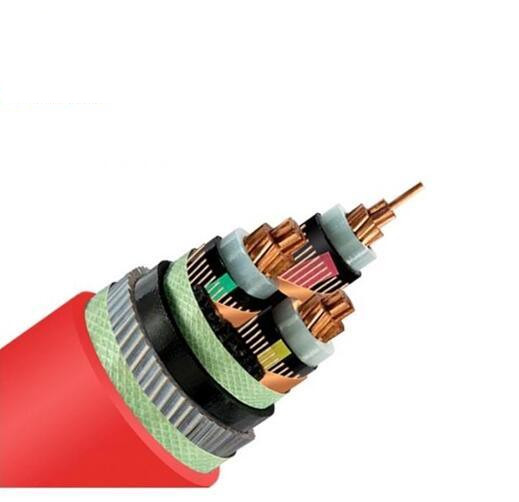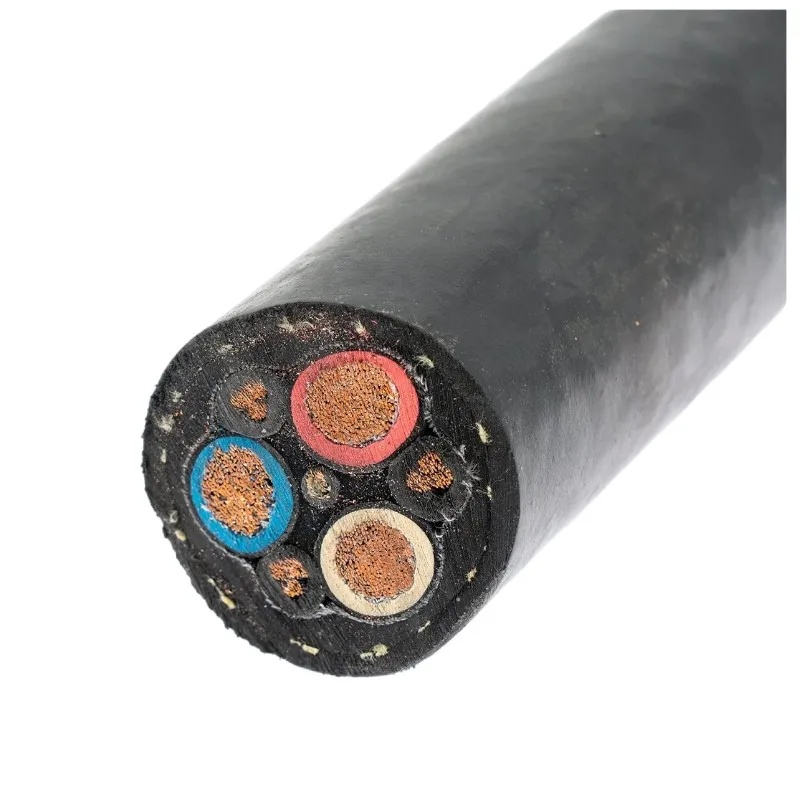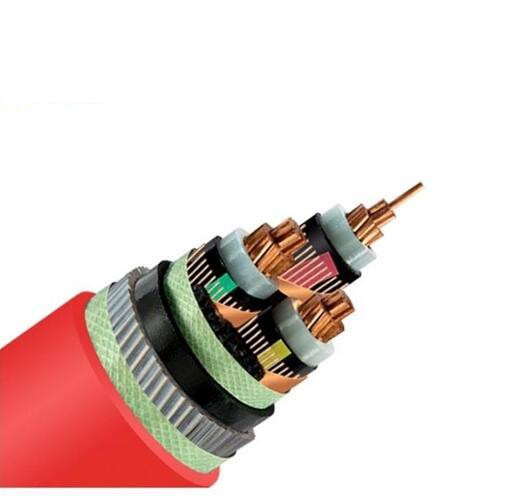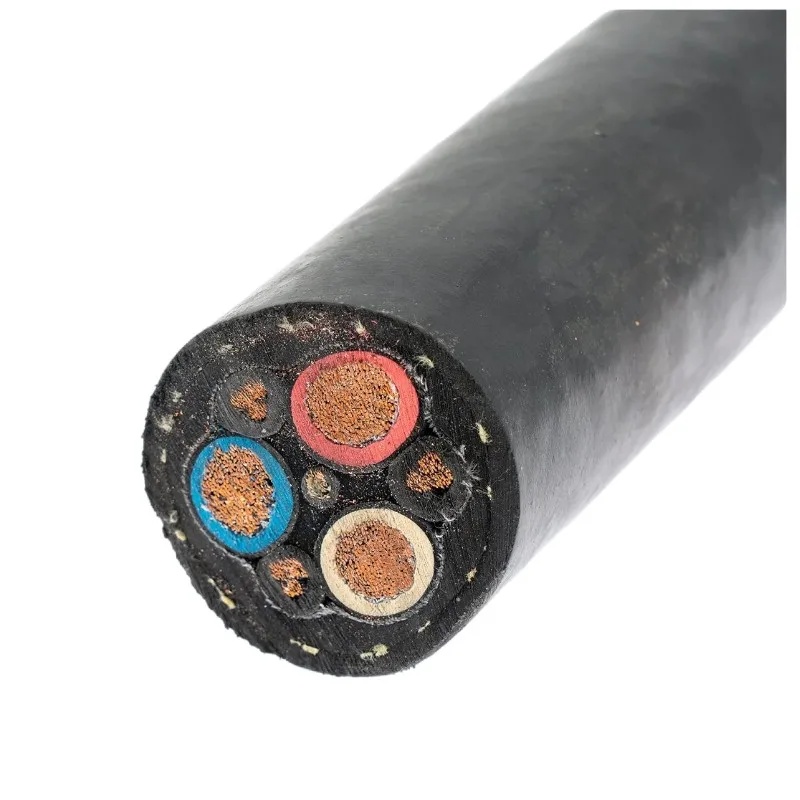-
![What are the advan···]() 2025-09-06 What are the advantages of o···
2025-09-06 What are the advantages of o···1. High ReliabilityBecause the cable insulation maintains a constant pressure, external moisture and air cannot enter the insulation through the cable itself or accessories. Therefore, as long as the oil pressure is normal, the long-term operational reliability of oil-filled cables is not a problem,
read more > -
![What are the advan···]() 2025-09-06 What are the advantages of c···
2025-09-06 What are the advantages of c···1. Superior Electrical PerformanceCross-linked polyethylene, as the insulating medium for cables, possesses exceptional electrical properties. Theoretically, its performance indicators are even better than those of oil-filled cables.2. Excellent Heat Resistance and Mechanical PropertiesThe cross-lin
read more > -
![What are the disad···]() 2025-09-06 What are the disadvantages o···
2025-09-06 What are the disadvantages o···1. Inconvenient InstallationBecause oil-filled cables cannot be removed from pressure tanks and other facilities at any time, installation becomes significantly more difficult and complex, requiring a high level of expertise from construction personnel. For example, if the cable needs to be cut duri
read more > -
![Shielded control c···]() 2025-09-06 Shielded control cables KVVP···
2025-09-06 Shielded control cables KVVP···KVVP shielded control cable features a braided copper wire shield, which offers moderate shielding effectiveness and is relatively soft, making it suitable for general mobile applications.KVVP2 features a wrapped copper tape shield, which offers better shielding effectiveness but is more rigid, maki
read more > -
![What causes high-v···]() 2025-09-06 What causes high-voltage cab···
2025-09-06 What causes high-voltage cab···Some high-voltage cable accidents are caused by the presence of sharp points, burrs, impurities, or moisture within the electric field. These factors are destroyed after the accident, making it difficult to determine the cause. We can only analyze the possible causes based on surface phenomena. Anal
read more > -
![What is fluoroplas···]() 2025-09-06 What is fluoroplastic cable?
2025-09-06 What is fluoroplastic cable?Fluoroplastic is a general term for various fluorine-containing polymers. These polymers are formed by the self-polymerization of fluorine-containing monomers or copolymerization with other fluorine-free materials. Fluoroplastic materials are suitable for use in wires and cables due to their excelle
read more > -
![What are the chara···]() 2025-09-06 What are the characteristics···
2025-09-06 What are the characteristics···1. High-temperature resistance. Fluoroplastics possess exceptional thermal stability, allowing fluoroplastic cables to withstand temperatures of 150-200°C. Due to this unique property, fluoroplastic cables are often used in aircraft, ships, high-temperature furnaces, and for internal wiring and wir
read more > -
![Why is the conduct···]() 2025-09-06 Why is the conductor of the ···
2025-09-06 Why is the conductor of the ···1. This is a common phenomenon, typically occurring within a few dozen centimeters of the two fixed ends. This requires structural modification.2. This may be related to the bundle pitch and cabling pitch.
read more > -
![What is the lowest···]() 2025-09-06 What is the lowest operating···
2025-09-06 What is the lowest operating···1. -20°.2. Check GB/T9330.1-2008 for details.
read more > -
![What are the advan···]() 2025-09-06 What are the advantages of r···
2025-09-06 What are the advantages of r···Cross-linking the insulation of wires and cables can significantly improve their operating temperature, solvent resistance, environmental aging resistance, and cracking resistance. For example, conventional polyethylene (PE) insulated wires and cables, due to their linear polymer nature, are limited
read more >

